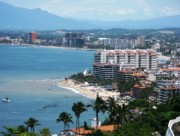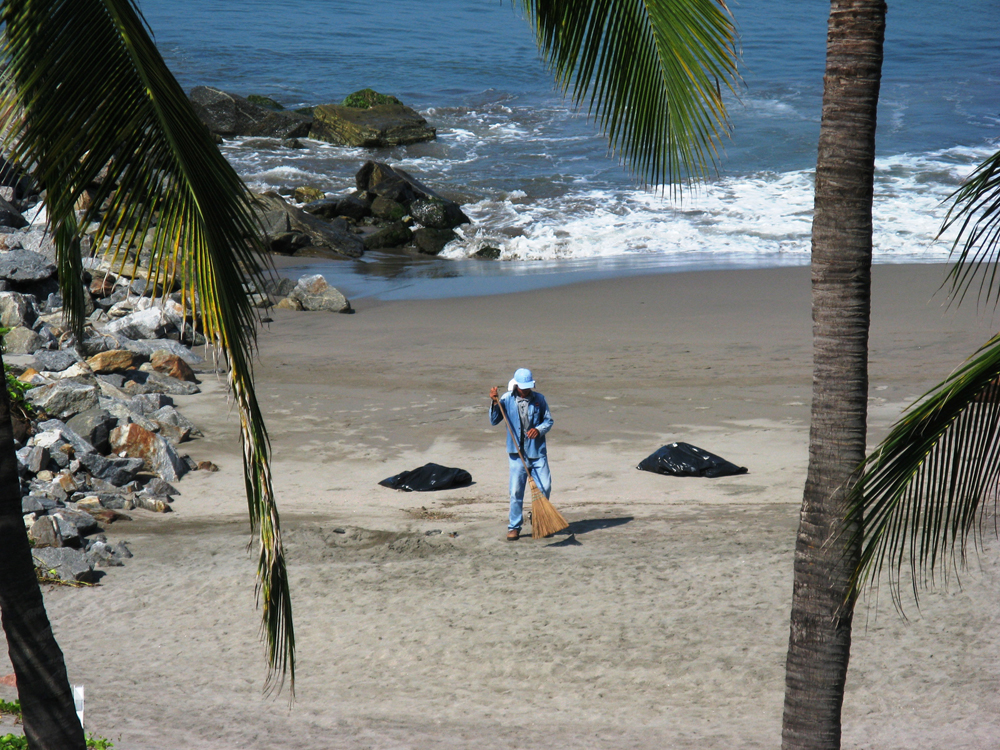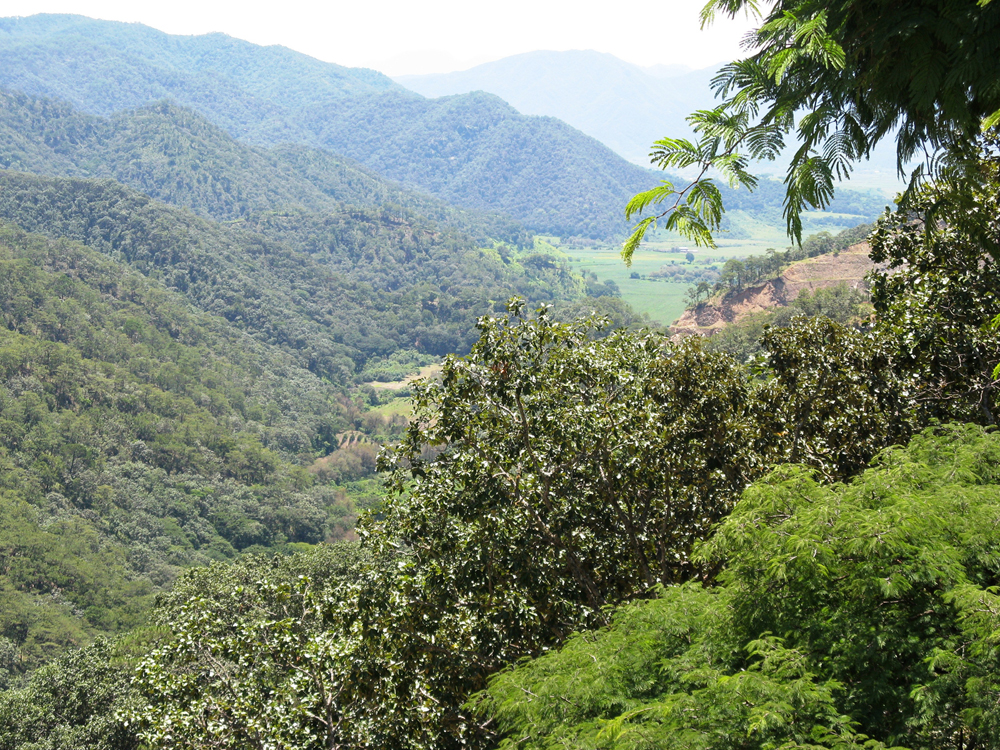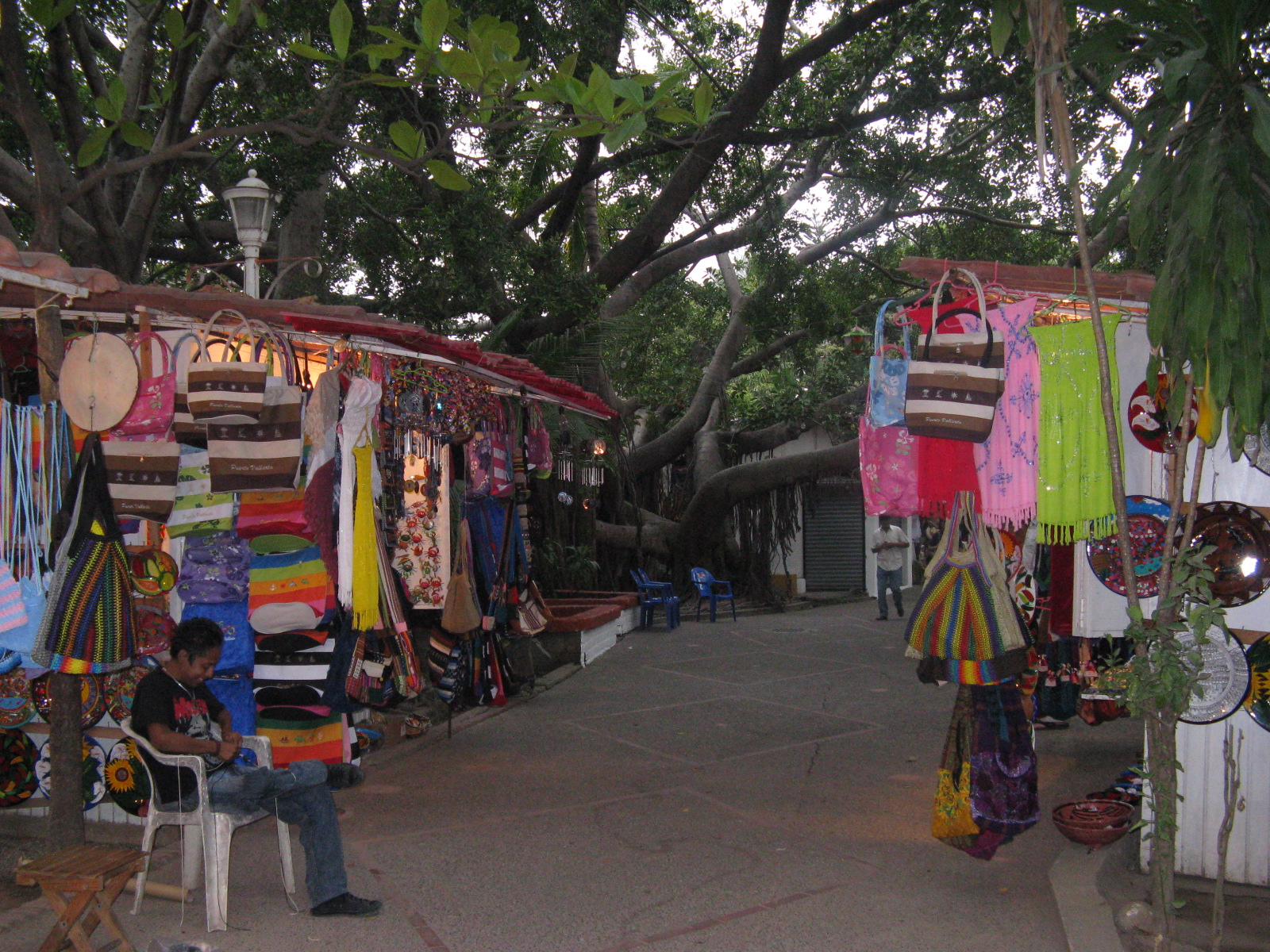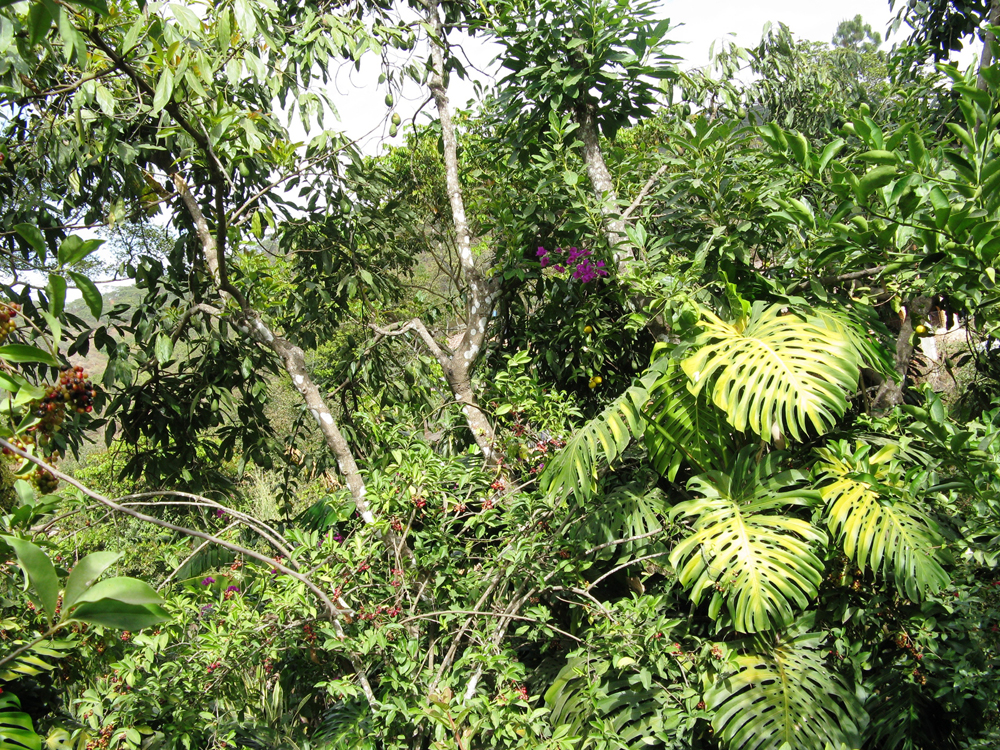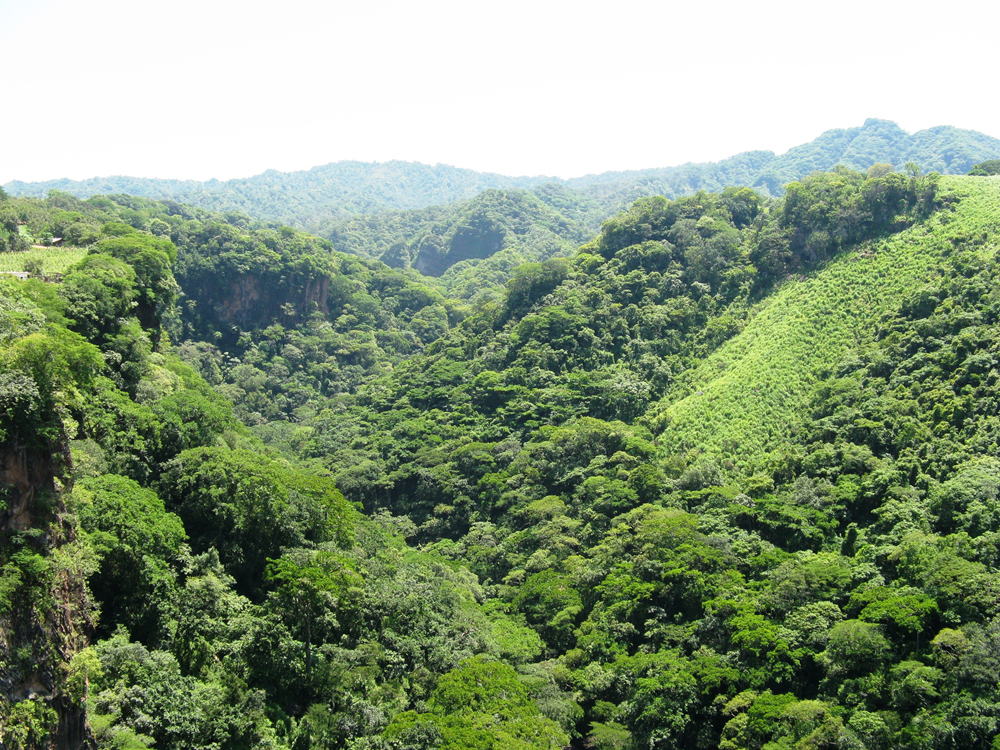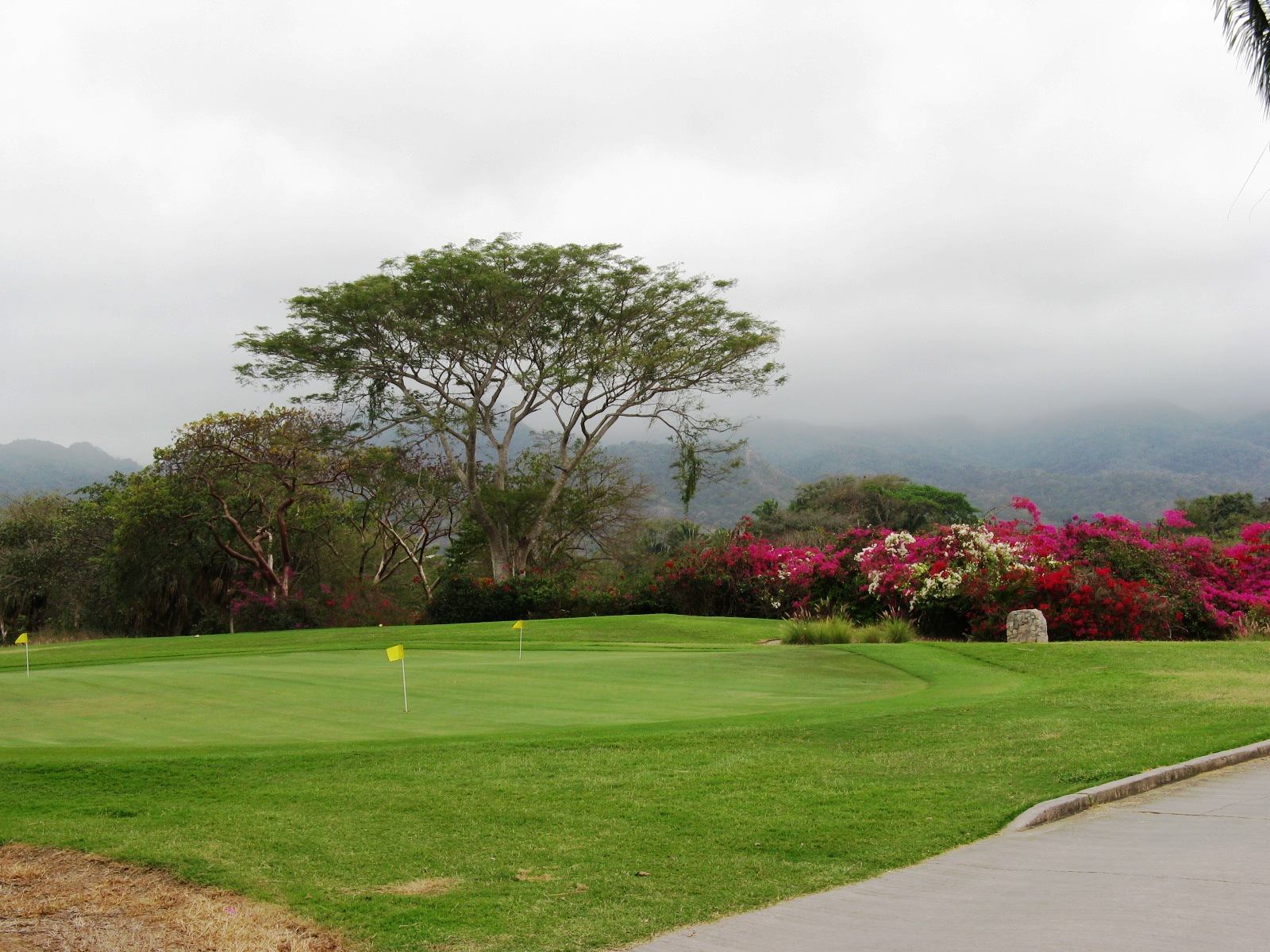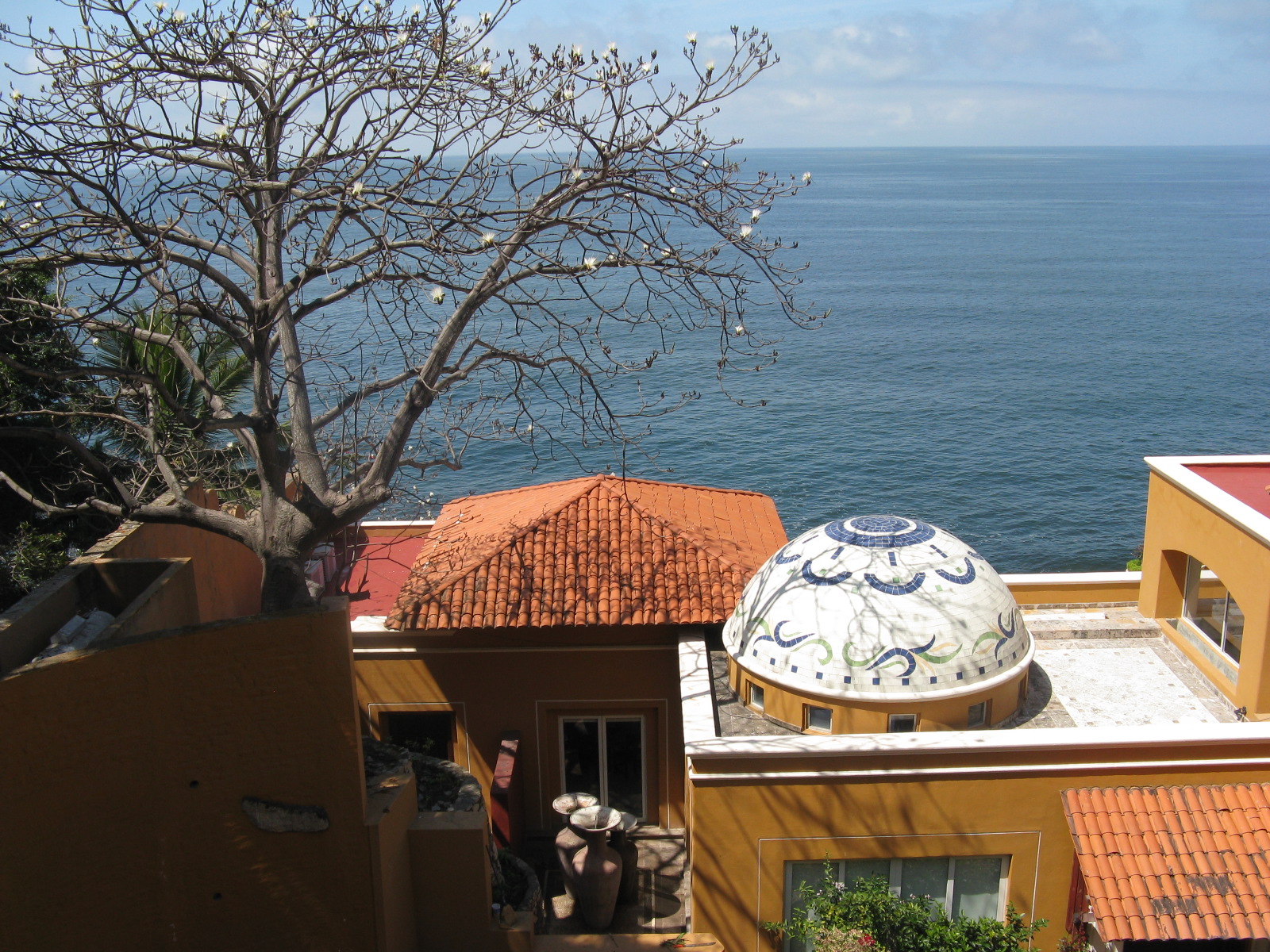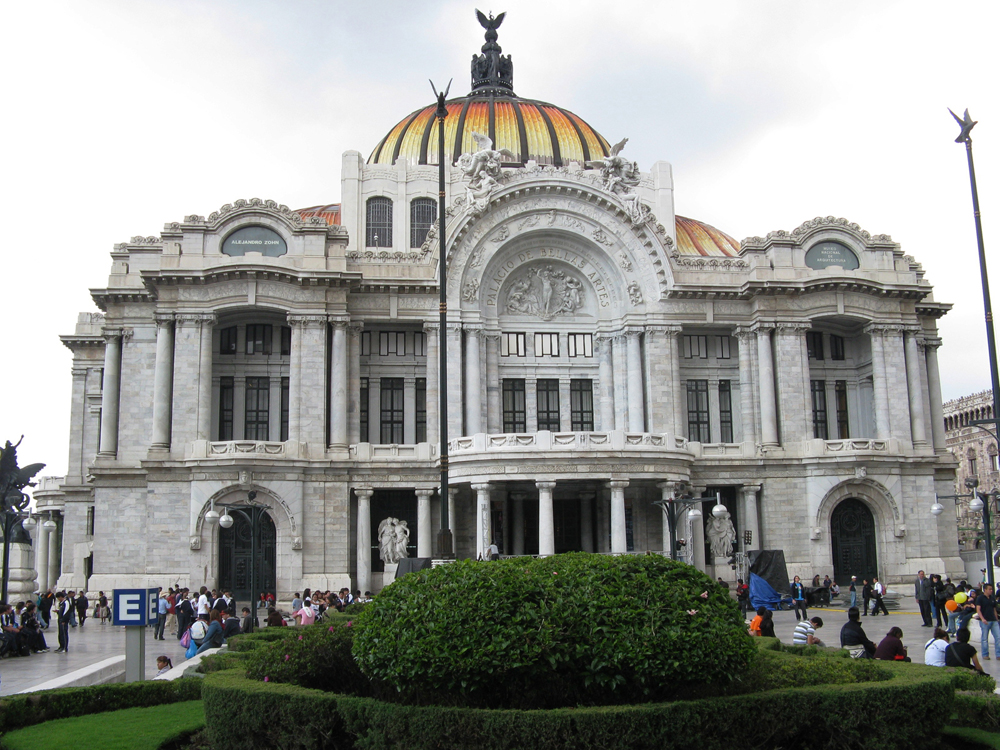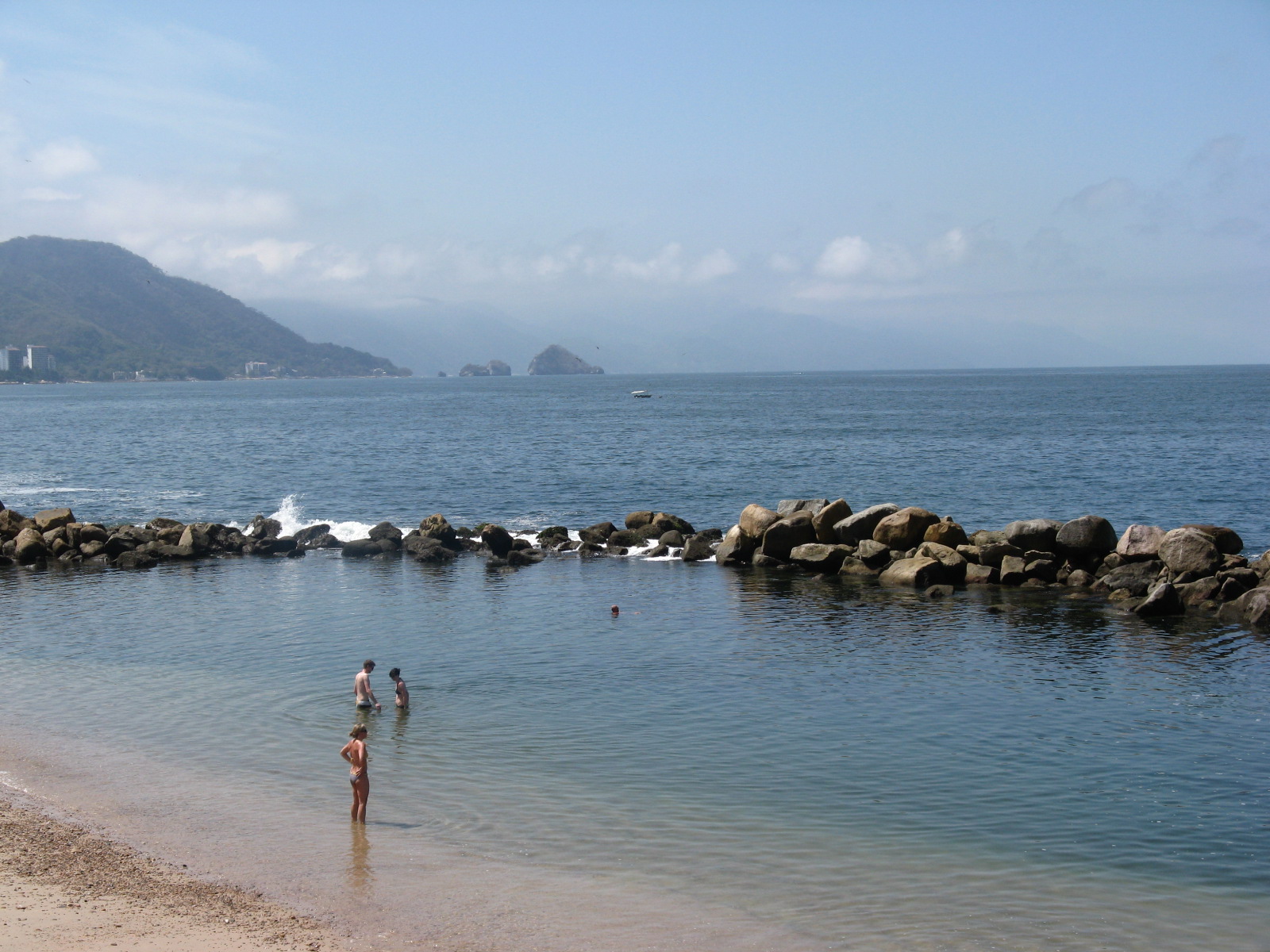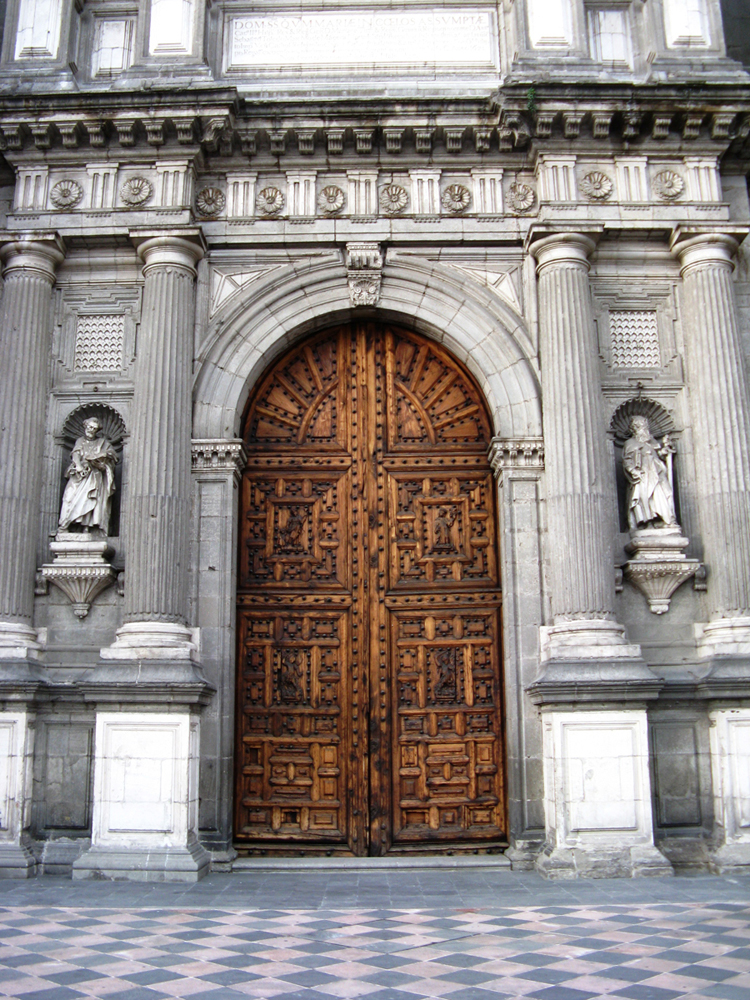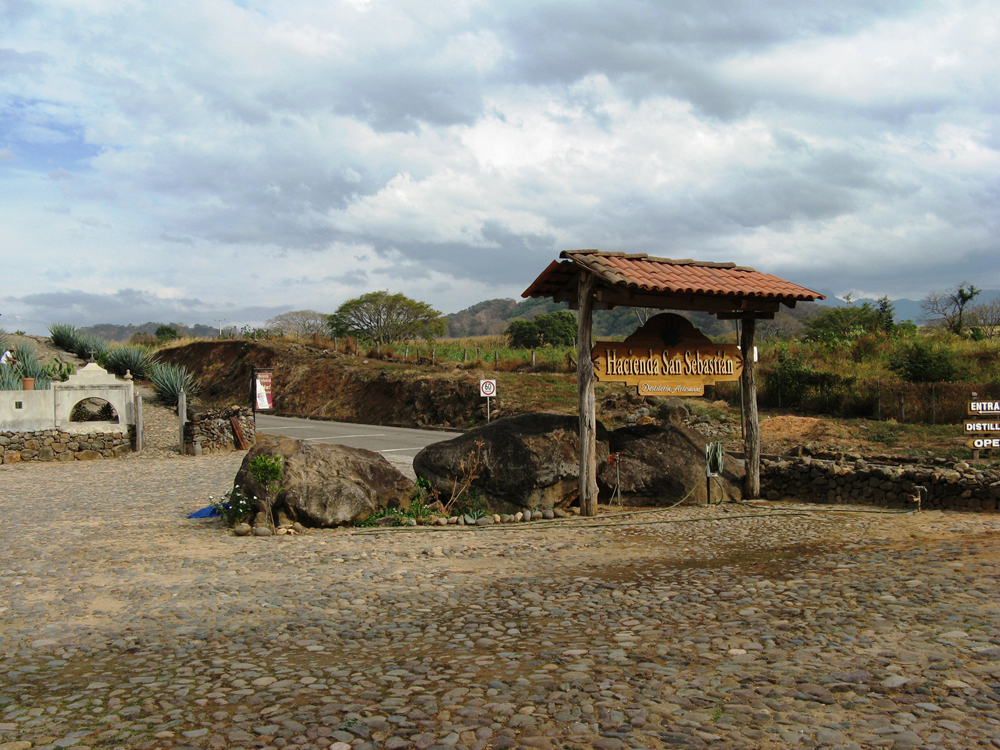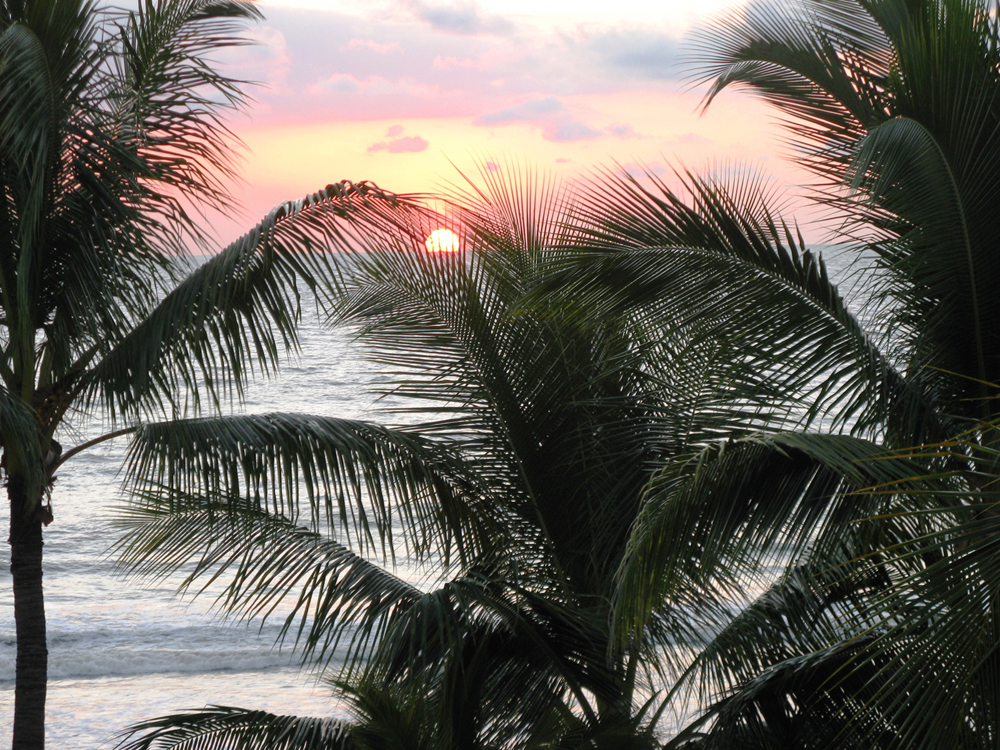‘We are on a collision course with nature’: OECD urges countries to invest in green energy to spur growth
MONTREAL – Economies should implement structural and social reforms, and use the economic flux to invest in green energy to jumpstart growth, according to the Secretary-General of the Organisation for Economic Co-operation and Development.
“We also see this moment as an opportunity to go green. We are on a collision course with nature and cannot continue to promote an economic growth based on highly polluting energies and overconsumption. Instead, we can move towards greater energy efficiency by implementing smart structural reforms.�
Angel Gurria’s views are at odds with Christophe de Margerie, Total chairman and CEO, who argued in an earlier session that the U.S. economy was benefitting from cheaper fossil fuel prices.
“The question is balance — a balance between the availability and use of the natural endowment that you may have,� Mr. Gurria said in response to a question from the Financial Post. “And the question of intergenerational responsibility with the environment… The question, on the other hand, is just the fact that you have availability does not mean that’s what you have to go for.�
European governments have unveiled major plans to move away from fossil fuels and focused on renewable energy, but have struggled to maintain momentum in the face of a long drawn-out financial crisis.
And while, the EU is showing some signs of improvement, youth unemployment remains worrying high, the secretary general said.
Related
“In the OECD area alone, 48 million people are unemployed, about 14 million people more than before the crisis,� said Mr. Gurria at the Conference of Montreal. “Around the world, of the more than 200 million officially registered as unemployed, almost 74 million are young people.�
In addition, the global economy still has to contend with “hesitant and uneven recovery across countries and regions.�
“The so-called tail risks, mostly related to the euro area crisis, have receded, but the situation remains fragile, particularly in Europe. The potential for negative feedback loops involving weak banks, strained public finances and ailing real economies has not been eliminated. Financial sector repair has been slow in the euro area, and a fully fledged banking union has yet to be put in place.�
The OECD’s monthly index composite leading economic indicators published Monday suggests growth firming in major economies.
In Germany, the index showed growth is returning to trend, while indicators pointed to growth in the United Kingdom, Canada, China and Brazil.
The economic crisis has also “exposed some serious flaws in our economic thinking,� Mr. Guirra said.
“This is a unique opportunity to develop a new understanding of the economy as a highly complex system that is naturally uncertain, unstable and fragile.�
Meanwhile, Warren Jestin, Scotiabank chief economist said the U.S. is slowly recovering at about two per cent growth, but Europe won’t move much beyond recession any time soon.
He told the economic conference that Europe faces high unemployment and growth that will at best reach one per cent over the next five years.
Mr. Jestin said growth rates in the developing world will be two to three times the level of the developed world and will be the global economic engine by 2020.
The winners will be businesses that are less focused on the United States and Europe, he said.
“It is a different type of competitive environment, but it is one that is very exciting and will probably be very positive for Canada going forward,� Mr. Jestin said.
With file from The Canadian Press
Article source: http://www.canada.com/collision+course+with+nature+OECD+urges+countries+invest+green+energy+spur+growth/8505282/story.html


